新闻学 文学士(荣誉)学位
Journalism - BA (Hons)

学历文凭
Bachelor Degree with Honours

专业院系
School of Education and Communication

开学时间

课程时长

课程学费

国际学生入学条件
IDP—雅思考试联合主办方

雅思考试总分
- 雅思总分:
- 托福网考总分:
- 托福笔试总分:
- 其他语言考试:
CRICOS代码: P500
申请截止日期: 请与IDP联系 以获取详细信息。
课程简介
This industry-accredited course is designed to prepare aspiring journalists to produce news content to a print or broadcast standard, putting journalistic theory into practice in the researching and crafting of stories.At Lincoln, a digital newsroom culture offers students the opportunity to develop the skills and instincts of a journalist, from spotting a scoop to developing in-depth feature ideas. Students are able to study in newsrooms using the latest mobile technology, print production, and design software, and produce broadcast content in digital radio and television studios.The programme is continually revised to reflect advances in digital news production and convergence, and is delivered by media professionals who bring a diverse range of experience and expertise.Students on this course can examine journalism in its historical and theoretical contexts, exploring essential ethical and legal considerations. They put theory into practice by producing news content across print, online, radio, and television platforms. Taking a multiplatform approach from the outset, students can explore the fundamental principles of journalistic practice, and produce news items on a regular basis.When they have progressed to their second year, students will be able to take part in newsdays, replicating industry practice in a range of media. There is a choice of theoretical modules including Journalism and Society, Journalism Histories and International Human Rights.In the final year of the degree, there is also a compulsory module in which students reflect upon 15 days of work placement experience. The School's industry links can help students to secure work placements with media organisations. Please note that students are expected to cover their own transport, accommodation, and general living expenses while undertaking this placement.
相关申请
 预科
预科 奖学金
奖学金 实习机会
实习机会 在校学习
在校学习 跨境学习
跨境学习 校园授课-线上开始
校园授课-线上开始 在线/远程学习
在线/远程学习
开学时间&学费
学费信息仅供参考,请与IDP联系以获取详细信息
| 开学时间 | 时长 | 学费 | 地点 |
|---|
学校排名

世界排名601
数据源:
泰晤士高等教育世界大学排名
关于林肯大学

自女王陛下首次揭幕以来,已有超过10万名来自135个国家/地区的多元文化背景的学生选择在林肯大学学习。这些学生是林肯大学一切工作的核心,林肯大学真正关注的是卓越,这一点在许多英国和国际大学排行榜和调查中得到了认可。在泰晤士报高等教育(THE)2021年青年大学排名中,林肯大学被列入世界前150名。林肯位于英格兰东中部地区,对学生来说是一个迷人的地方,其历史可以追溯到公元前300年。这里有欧洲最好的大教堂之一,也有各种商店和酒吧以及屡获殊荣的Brayford Pool校区。林肯有很多东西可以探索,它是林肯城堡的所在地,是很多重要历史人物的出生地,包括艾萨克-牛顿爵士和玛格丽特-撒切尔。林肯大学自2001年以来投资超过3亿英镑,创造了一个以学生为中心的现代化环境,提供了令人难忘的学生体验。该校91%的新毕业生在完成课程后15个月内就业或继续深造,超过70%的人从事高技能工作(2017/18年毕业生成果研究)。由于该机构与业界的紧密联系,很多林肯大学的毕业生进入跨国公司工作,包括劳斯莱斯、BBC、汇丰银行和西门子。林肯大学因其为解决今日社会面临的最严重问题做出的研究发自内心感到自豪。林肯大学的多半研究被最新卓越研究框架评为世界领先或具有国际卓越性。
本校相关课程
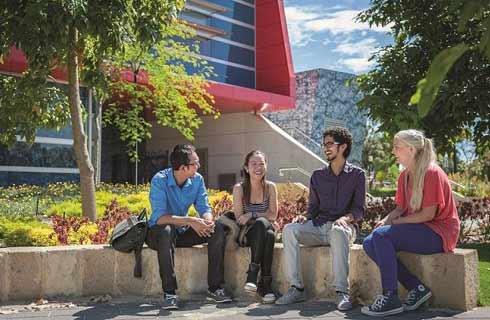
理学硕士运动科学
学历文凭
Masters Degree (Taught)
开学日期
课程费用总额

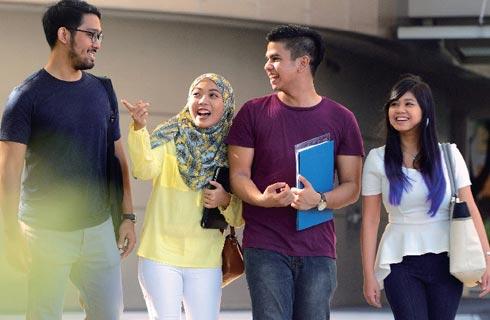
社会工作硕士
学历文凭
Masters Degree (Taught)
开学日期
课程费用总额

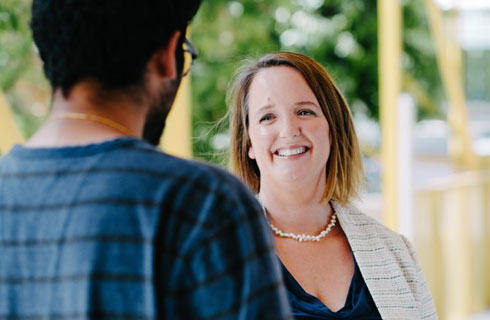
硕士/博士学位社会科学
学历文凭
Ph.D.
开学日期
课程费用总额


硕士/博士社会政策
学历文凭
Ph.D.
开学日期
课程费用总额

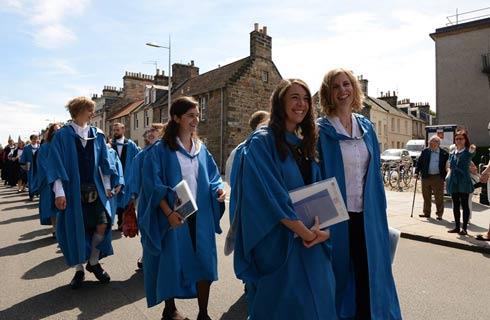
DClinPsy Psychology
学历文凭
Ph.D.
开学日期
课程费用总额


MPhil / PhD政治
学历文凭
Ph.D.
开学日期
课程费用总额

其他相关课程

媒体学士荣誉学位
 阿德莱德大学
阿德莱德大学学历文凭
Bachelor Degree with Honours
开学日期
课程费用总额


电影电视硕士
 维多利亚艺术学院
维多利亚艺术学院学历文凭
Masters Degree (Coursework)
开学日期
课程费用总额

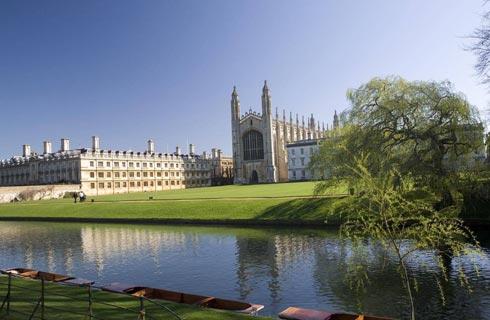
媒体与传播学士(荣誉学位)
 皇家墨尔本理工大学
皇家墨尔本理工大学学历文凭
Bachelor Degree with Honours
开学日期
课程费用总额


互动媒体学士学位,专注于2D动画(标准)
 信息技术学院 AIT
信息技术学院 AIT学历文凭
Bachelor Degree
开学日期
课程费用总额

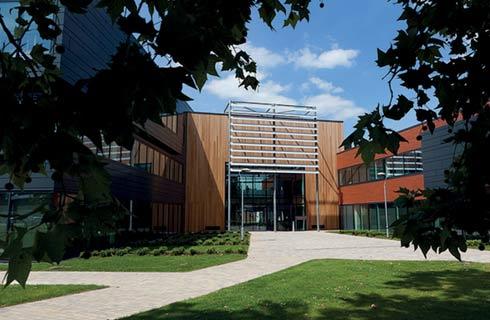
交互式媒体学士学位,专注于2D动画(加速)
 信息技术学院 AIT
信息技术学院 AIT学历文凭
Bachelor Degree
开学日期
课程费用总额

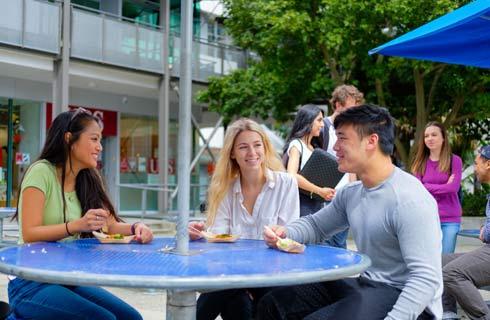
创意艺术学士-新闻学学士
 伍伦贡大学
伍伦贡大学泰晤士高等教育世界大学排名:247
学历文凭
Dual Degree
开学日期
课程费用总额










 英国
英国